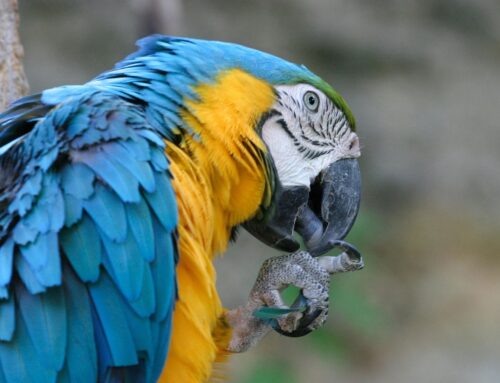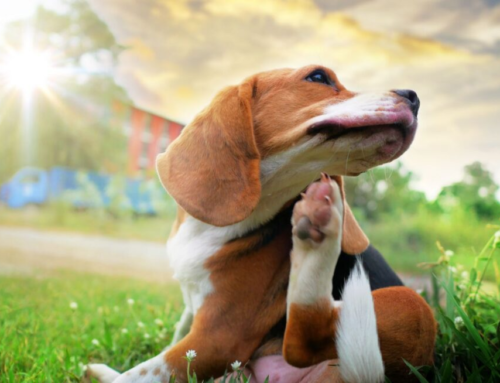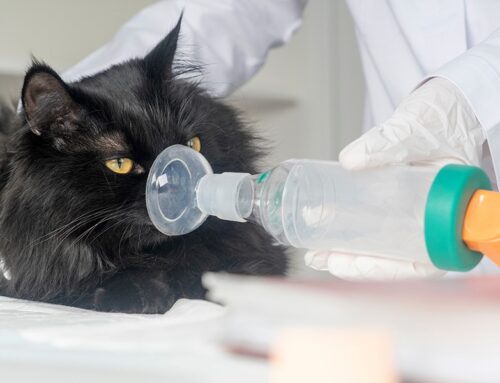At Forestside Veterinary Clinic, we’re always thrilled to meet new gorgeous puppies and kittens.
Welcoming a puppy or kitten into your home is an exciting and joyful experience for everyone involved. However, it also comes with a host of responsibilities and considerations to ensure your furry friend grows up healthy and well-adjusted. Here’s a comprehensive guide to help you navigate the first few months with your new puppy or kitten.
The First Veterinary Visit
One of the first steps in puppy and kitten care is having your new addition examined by a veterinarian within the first 48 hours. This initial check-up ensures there are no obvious health issues and gives you peace of mind. At Forestside Veterinary Clinic, we offer a free new puppy and kitten check-up to kickstart your pet’s healthcare journey.
Regular Veterinary Care
Puppies and kittens require regular veterinary visits during their early months for vaccinations, microchipping, flea and worm treatments, and weight checks. These routine check-ups are crucial for tracking your puppy’s and kitten’s growth and development, and protecting your pup and kitten against disease before they get out exploring and mixing with other animals.
Nutrition and Diet
There is no single perfect diet that suits every animal, and feeding your puppy or kitten a high-quality diet specifically formulated for their individual needs is essential to support their rapid growth and development, laying the foundation for a healthy adult life. Any change in diet must be done gradually, so it is important to know, where possible, what they were being fed prior to moving to their new home. Given the abundance of misinformation online, we would always advise owners to consult veterinary professionals to ensure their puppies or kittens are receiving science-backed diets tailored to their needs.
Pet Insurance
Considering pet insurance from the start is highly recommended. Insurance provides a safety net in case of accidents or illnesses, ensuring that financial concerns don’t get in the way of your puppy or kitten receiving the best possible care.
The Socialisation Period
Socialisation for puppies and kittens is naturally quite different for each species but equally important. For puppies the socialisation period is a time when they are highly receptive to new experiences and stimuli. Proper socialisation involves exposing your puppy to a variety of environments,
people, and other animals in a controlled and positive manner. This has been especially highlighted since the surge of behavioural issues seen in puppies purchased/adopted during lockdown where due to local restrictions it wasn’t possible to socialise these puppies properly.
A well-socialised puppy grows into a confident, well-behaved dog who interacts easily with people, children, and other pets, walks calmly on a leash, comes when called, and can settle down quietly when needed.
Tips for Successful Puppy Training
Every interaction with your puppy is a learning opportunity. Here are some tips to help you and your puppy get off to a great start:
- Build a Trusting Relationship: Handle your puppy calmly, use rewards, and avoid punishment. Positive reinforcement strengthens the bond between you and your puppy.
- Advocate for Your Puppy: If your puppy seems unsure or anxious, create some distance between them and the source of their discomfort. This helps them feel safe and secure.
- Teach Children Gentle Interaction: Encourage children to interact calmly with the puppy. Allow your puppy to move away if they choose, and never leave young children unsupervised with the puppy.
- Set Up for Success: Limit opportunities for unwanted behaviours by keeping floors and tables clear. Provide puppy-safe chews and food puzzles to keep them occupied.
- Teach New Behaviours in Quiet Locations: Training in a distraction-free environment helps your puppy learn more effectively, making it easier for them to succeed and for you to reward them.
- Ensure Adequate Sleep: Just like children, puppies need plenty of sleep. Often, unwanted behaviours stem from being overtired. Ensuring your puppy gets enough rest is crucial for their well-being.
Tips for Successful Kitten Socialisation
- Handle Them Regularly.Gently handle kittens often, ensuring they get used to being touched. Pick them up, stroke them, and let them experience human contact in a calm, non-threatening way.
- Introduce a Variety of People. Expose kittens to different people (adults, children, men, and women) so they get used to diverse human interactions. This will reduce fear of strangers later in life.
- Encourage Play. Use toys like feather wands, balls, or interactive toys to engage kittens. This teaches them how to play appropriately and reduces the likelihood of biting or scratching during play.
- Desensitise Them to Sounds. Gently expose kittens to everyday noises such as the vacuum cleaner, hairdryer, or doorbell. Start with lower volume or from a distance and increase exposure gradually.
- Use Positive Reinforcement. Reward good behaviour with treats or affection. This creates a positive association with socialisation experiences and reinforces desired behaviours.
- Respect Their Boundaries. While socialisation is important, don’t force interactions. Allow kittens to retreat if they’re overwhelmed or scared. Gradually reintroduce them to challenging situations in a calm and reassuring way.
- Encourage Litter Training. Ensure kittens have access to a clean litter box and guide them to it regularly. Most kittens learn this quickly.



